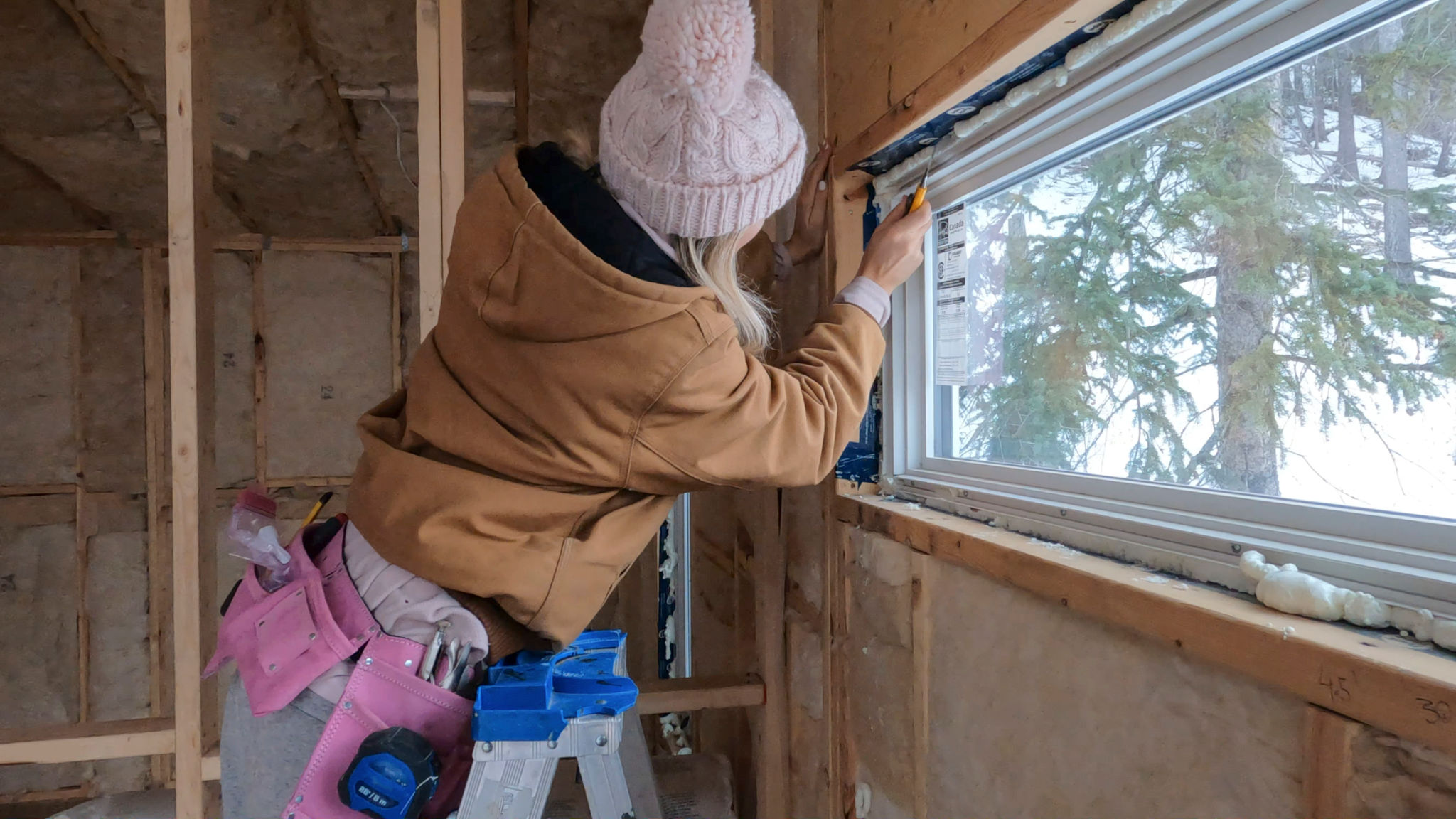DIY Fixes vs Professional Repairs: Keeping Your Section 8 Property Compliant
Understanding Section 8 Compliance
Owning a Section 8 property comes with its own set of responsibilities, primarily ensuring the property meets certain compliance standards. These standards are designed to guarantee safe and habitable living conditions for tenants. Regular inspections are conducted to ensure that the property adheres to the Housing Quality Standards (HQS) set by the Department of Housing and Urban Development (HUD).
The decision between DIY fixes and professional repairs can significantly impact your ability to maintain compliance. Each approach has its pros and cons, and understanding these can help you make informed decisions about property maintenance.

Benefits of DIY Fixes
Many landlords opt for DIY fixes to save on costs. Simple repairs like fixing leaky faucets, patching small holes in walls, or replacing light fixtures can be done with minimal tools and expertise. These minor repairs can be tackled quickly, ensuring that small issues don't escalate into larger problems.
DIY fixes also allow for immediate action, which can be particularly beneficial if an issue arises shortly before an inspection. With a little knowledge and the right tools, you can address problems swiftly, maintaining tenant satisfaction and compliance with Section 8 standards.

Limitations of DIY Fixes
While DIY fixes are cost-effective, they are not always suitable for more complex issues. Electrical problems, structural repairs, or plumbing issues often require professional expertise to ensure safety and compliance. Attempting to handle these repairs without the necessary skills can lead to further damage, increased costs, or even safety hazards.
Moreover, improper repairs may not meet the stringent HQS requirements, potentially leading to failed inspections and subsequent penalties. It’s crucial to recognize when a problem exceeds your DIY capabilities and requires professional intervention.
The Role of Professional Repairs
Professional repairs provide peace of mind, ensuring that all work is completed to the highest standards. Licensed professionals have the expertise and tools necessary to address complex issues effectively. This is particularly important for Section 8 properties, where compliance is non-negotiable.

Hiring professionals can also save time in the long run. While the initial cost may be higher than a DIY approach, professional repairs are often more durable and reliable, reducing the likelihood of future issues. Additionally, professionals are familiar with local building codes and regulations, ensuring all work is compliant from the outset.
Balancing Costs and Compliance
Maintaining a Section 8 property requires a strategic balance between cost-effectiveness and compliance. While it's tempting to save money with DIY repairs, it's essential to weigh this against the potential risks and repercussions. Investing in professional repairs for complex issues can prevent costly penalties or failed inspections down the line.
Consider creating a maintenance plan that outlines when to apply DIY fixes versus hiring professionals. This plan should factor in the complexity of potential issues, inspection schedules, and budget constraints.

Conclusion
Ultimately, whether to opt for DIY fixes or professional repairs depends on the nature of the issue and your level of expertise. For minor repairs, DIY solutions can be a cost-effective way to maintain your Section 8 property. However, for more complex problems, professional repairs are essential to ensure safety and compliance with HUD standards.
By making informed decisions about property maintenance, you can keep your Section 8 property compliant while managing costs effectively. Balancing these approaches will help maintain tenant satisfaction and secure your investment in the long term.